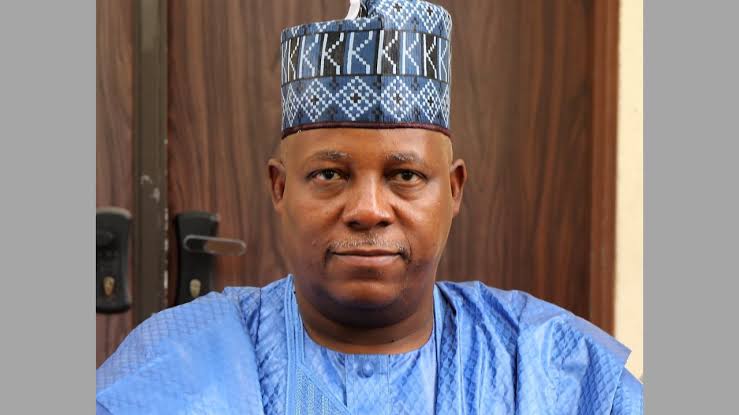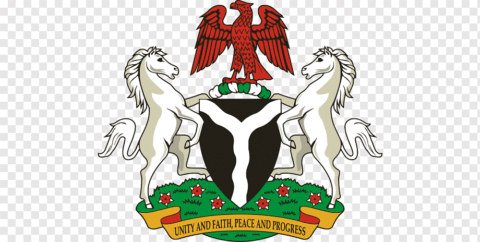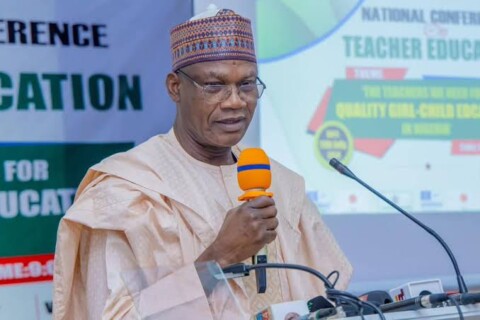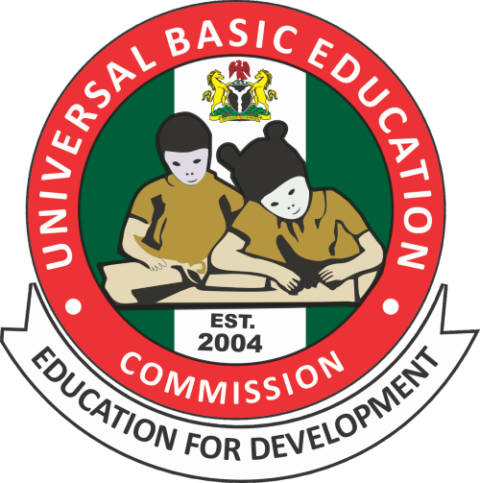Vice President Kashim Shettima has described the situation of out-of-school children in northern Nigeria as alarming and has called for immediate action to address the crisis. Speaking at the inaugural International Conference on Girl Child Education in Nigeria, organized by the Nigerian Governors Forum (NGF), Shettima emphasized the critical need to prioritize education, especially for girls, as a vital solution to this pressing issue.
The NGF highlighted various factors contributing to the education crisis in Nigeria, including early marriage, early childbearing, poverty, illiteracy, gender-based violence, and discrimination. During the conference held at the Presidential Villa in Abuja, Shettima, represented by the Deputy Chief of Staff to the President, Senator Ibrahim Hadejia, outlined the educational challenges faced in northern states like Kebbi, Zamfara, and Bauchi. Notably, more than 60% of primary school-age children in these states are not enrolled in school. For instance, Kebbi has an alarming 64.8% of out-of-school children, while secondary education figures are equally concerning, with Bauchi at 66.75%, Kebbi at 63.8%, and Jigawa at 62.6%.
Shettima stressed the urgency of addressing these disturbing statistics, stating, “We cannot ignore these frightening numbers. The consequences are far-reaching, and it is critical to address this as an emergency with region-specific solutions.” He also underscored that the dignity of the girl child is essential for any civilization and called for a collective commitment to prioritize their education. According to the latest multiple indicator cluster survey, 25.6% of primary school-age children and 29.6% of secondary school-age children are currently out of school, warning that “every child abandoned to the streets today is a potential liability tomorrow.”
Highlighting the economic implications of educating girls, Shettima explained that it is not just a moral obligation but also a crucial factor for economic stability. He noted, “For every additional year a girl stays in school, her future earning potential increases, infant mortality rates decrease, and poverty levels in communities drop.” He further reported that the gender parity index indicates that girls are nearly on par with boys at the primary level and have surpassed them at the secondary level.
Shettima also addressed the efforts of the National Economic Council to secure the future of the girl child through initiatives focusing on education, health, nutrition, and employability. The goal is to achieve a score of 0.6 on the World Bank’s human capital index, which requires improving education quality and increasing years of schooling.
Regarding education financing, Shettima noted a significant rise in expenditures. In 2022, states allocated N1 trillion, which represented 12% of their total budgets to education. This amount is expected to increase to N2.4 trillion in 2024, with the federal government contributing N2.2 trillion, totaling N4.6 trillion. However, he stressed the need to aim higher, advocating for 15 to 20% of state budgets to be dedicated to education.
The Vice President called for a unified approach among federal, state, and local governments, civil society, and international partners to ensure that every Nigerian child receives quality education. He also urged local leaders, traditional, and religious figures to advocate for girls’ education.
In his remarks, NGF Chairman and Kwara State Governor Abdulrahman Abdulrazaq expressed his concern about the rising number of out-of-school children, emphasizing the challenges posed by learning poverty and insufficient teacher capacity. He affirmed that quality education is fundamental to national development and called for increased funding, improved infrastructure, and enhanced instructional materials. “Our goals include increasing primary school enrollment, improving learning outcomes, and ensuring smooth transitions from primary to secondary education,” he said, noting that many states are already committed to achieving these objectives.
Development partners such as the World Bank, UNICEF, British Council, and UNESCO attended the event, signaling their support for Nigeria’s efforts to enhance girl-child education.




